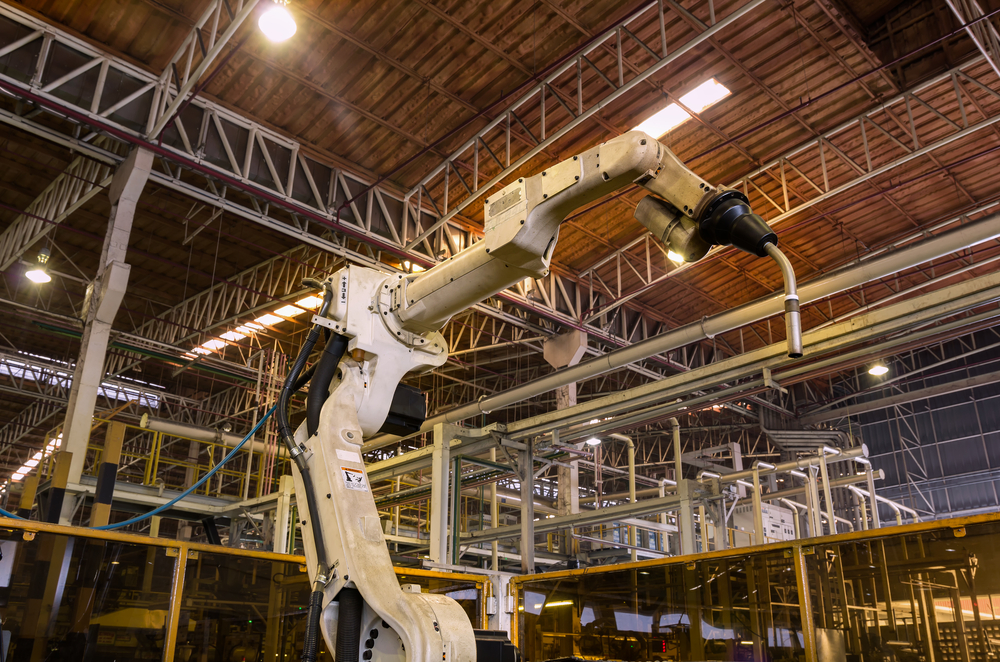
A team of researchers specializing in artificial intelligence are working to improve how robots learn.
The researchers have launched a new startup based in Emeryville, California called Embodied Intelligence, which created a hybrid system of imitation and deep reinforcement learning along with artificial intelligence to make industrial robots, “easily teachable.”
Using this system, instead of programming a robot by writing computer code, an operator would don a virtual reality headset and controllers to operate a robot so it performs a certain task. This creates a more natural kinetic connection between the operator and robot reports Wired. Machine learning algorithms that are trained to match what the human operator does help guide the robot’s motions.
This reinforcement learning technique refines the robot’s movement with trial and error, until it’s even better at its job than the human taught it to be.
“Right now, if you want to set up a robot, you program that robot to do what you want it to do, which takes a lot of time and a lot of expertise,” said Embodied Intelligence co-founder Peter Abbeel, in a statement. “With our advances in machine learning, we can write a piece of software once — machine learning code that enables the robot to learn — and then when the robot needs to be equipped with a new skill, we simply provide new data.”
The “data” comes in the form of training. This process can help operators teach these robots within a day versus weeks or months.
A recent experiment showed the technique in action.
The team used a $1,000 virtual reality headset in conjunction with hand-tracking software to train a robot to coordinate its arms with its vision and understand new skills as complex as inserting a peg into a hole.
“It completely changes the turnaround time because the amount of data you need is relatively small,” added Abbeel. “You might only need a day of demonstrations from humans to have enough data for a robot to acquire the skill.”
Other applications that could work with this technology could include having existing manufacturing robots install car parts that aren’t quite like the parts they have installed in the past, reported the New York Times.
This technique can work with robots currently in manufacturing plants and warehouses around the world.
Embodied Intelligence has raised $7 million in seed funding.




